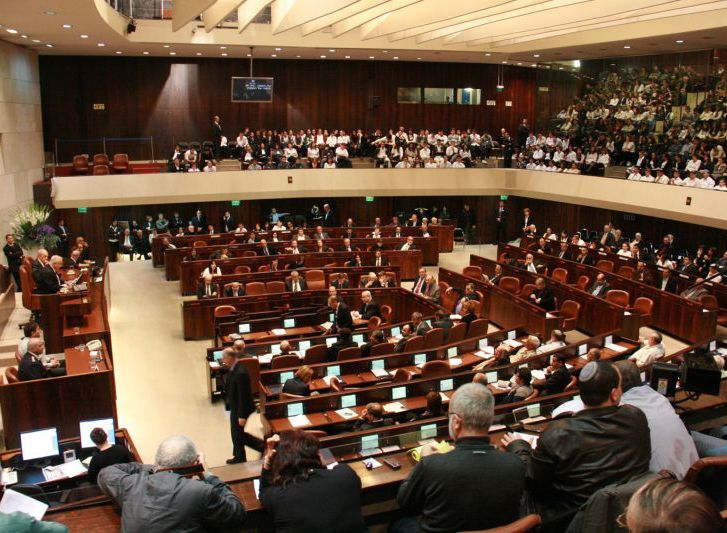Human rights organizations petition Supreme Court to cancel new law revoking social welfare benefits for parents of Palestinian minors convicted of security offenses
On 21 April 2016, Adalah, in cooperation with HaMoked, Addameer and Defence for Children International-Palestine, filed a petition to the Israeli Supreme Court challenging the constitutionality of a new amendment to the Israeli Penal Code that denies social welfare benefits (e.g., child allowances, income support and child support) to parents of Palestinian minors who were convicted and imprisoned for security-related offenses or offenses committed on the basis of "nationalist motives". The Knesset enacted the new law on 2 November 2015, as part of a series of new laws to deal with the phenomenon of stone-throwing by Palestinian youth.
According to data received by Adalah from the Israel Prison Service (IPS) under a Freedom of Information Act (FOIA) request, in February 2016, 431 out of 437 minors in prison are Palestinians detained or convicted of security offenses, 45 of whom are Palestinian citizens of Israel, and 105 of whom are Palestinian residents of East Jerusalem. 281 are Palestinian minors from the Occupied Palestinian Territory (OPT). Only six minors imprisoned for security-related offenses are Jewish Israelis (1.3%).
Adalah Attorney Sawsan Zaher argued in the petition that, "The amendment creates arbitrary distinctions between prisoners and discriminates against Palestinians in particular … we are concerned that the amendment stipulates that a child is no longer defined as a child under the amendment's specific offenses, and thus allows the parents of those children to be denied their social benefits. All of this is done without any consideration for the severity of the offense; the length of the sentence handed down to the minor; the specific circumstances of each individual case; the circumstances of the child's family and the effects of revoking their social benefits; and most importantly, the judicial discretion of the judge examining the case, hearing the witnesses, and sentencing the minor."
In addition, the petitioners contended that the new law targeted only Palestinian children and discriminates on the basis of nationality. "The amendment distinguishes between minors as security and criminal prisoners. But in practice, this is a distinction between minors on the basis of nationality. Most of the minors who are convicted of the offenses subject to the amendment are Palestinian residents of East Jerusalem. Israeli Justice Minister Ayelet Shaked herself declared that the intention of the law is to address the issue of stone-throwing by Palestinians. The amendment also creates a distinction between minors on the basis of nationality when they are in prison, a distinction that is arbitrary and irrelevant, and therefore constitutes illegal discrimination. The parents of Palestinian children are also [by extension] the main victims of this amendment."
The petitioners further argued that, "The use of social benefits as a punitive measure is in itself an act that makes an arbitrary distinction between prisoners, and makes the amendment's purpose inappropriate. There is no rational relationship between social benefits and the punitive nature of criminal law, and therefore any restrictions on the benefits are contrary to their purpose."
The petitioners added that the denial of child allowances violated the social rights of the families, stating that it leaves a heavy financial burden on parents. "Needless to say, parents who are entitled to income support are already in a precarious economic situation, and cannot financially provide for themselves and their families; and so the removal of social benefits seriously harms them. The denial of alimony, which also falls under this amendment, would make it even harder for a parent who must meet family expenses, especially for single mothers or children who are entitled to income support."
Read more:
See Haaretz, "Sharp rise in the number of Palestinian children in prison", 24 April 2016
















